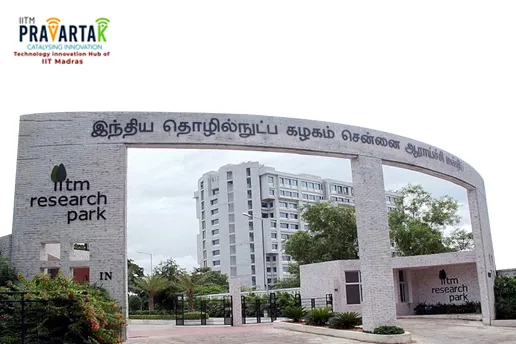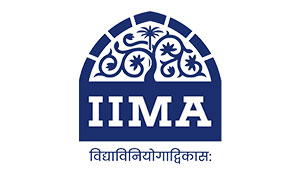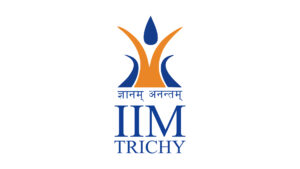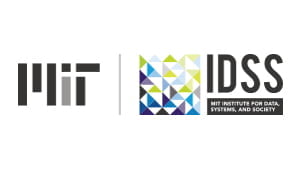14+ Years In the Industry

+
Number of Alumni

+
World’s Leading
Academic Partners

+
Programs from
Diverse Domains

+
Corporate Learning
Centres across India
Our Courses
- All Programs
- Doctorate & PhD
- Online MBA
- Online PG
- Online UG
- General Management & Leadership
- Strategy
- Analytics & Data Science
- Digital Marketing & Analytics
- Finance & Banking
- Supply Chain & Operations
- Healthcare Management
- Human Resource
- Product Management
- Cybersecurity & Cloud Computing
- Technology & Analytics
- All Programs
- Doctorate & PhD
- Online MBA
- Online PG
- Online UG
- General Management & Leadership
- Strategy
- Analytics & Data Science
- Digital Marketing & Analytics
- Finance & Banking
- Supply Chain & Operations
- Healthcare Management
- Human Resource
- Product Management
- Cybersecurity & Cloud Computing
- Technology & Analytics
Admission Open

Post Graduate Certificate Programme in Digital Strategy and Marketing Analytics – IIM Nagpur
- Duration: 9 Months
- Application Closure Date: 30th July 2024
Admission Closed

Corporate and Public Leadership in a VUCA World – IIM Indore
- Duration: 08 Months
- Application Closure Date: Closed
Admission Open

Executive Programme in Full Stack Web Development – IITM Pravartak Technology Innovation Hub of IIT Madras
- Duration: 10-11 Months
- Application Closure Date: Coming Soon
Admission Open

Executive Certificate Programme in Corporate & Strategic Finance
- Duration: 10 Months
- Application Closure Date: 30th April 2024
Admission Open

Post Graduate Certification Programme in Financial Management – IIM Tiruchirappalli
- Duration: 1 Year
- Application Closure Date: Closing Soon
Admission Open

Executive Programme in Brand Management – IIT Delhi
- Duration: 6 Month
- Application Closure Date: 15th July 2024
Admission Open

Post Graduate Certificate in Digital Marketing & Growth – IIM Visakhapatnam
- Duration: 12 months
- Application Closure Date: Closing Soon
Admission Open

Advanced Programme in EV Technology – CEP, IIT Delhi
- Duration: 6 Month
- Application Closure Date: 30th June 2024
and upskill your workforce
350,000+
Career Transformed
2,000+
IIM Alums
1,000+
Corporate Association
256%*
Average Salary Hike Opportunities
Success Stories






Our Alumni Work For










Jaro In Media
Awards & accolades

2023
India’s Most Trusted Online Higher Education Company

2022
Edtech Leadership Award

2022
National Best Employer Award

2019
The Best ICT Enable Higher Education Institute Award

2018
Best Digital Learning Innovation Award

2017
Outstanding Contribution in Online Education

2012
Most Innovative & Successful Online MBA Program in India
Find Jaro in your city
Get In Touch
Learners Support
Dr. Sanjay Salunkhe is a first-generation entrepreneur with over three decades of experience in education, human resources consulting, and banking in India and around the world. He is regarded as one of India’s most respected and influential veterans in the online education space.
Dr. Salunkhe began his entrepreneurial journey in 1999 when he founded Net Technologies, a recruitment firm that rose to become one of India’s top ten executive search firms. He founded Jaro Education in 2009, an Edtech firm that collaborates with top universities and institutes to provide management, technology and techno-functional programmes.
Paving new avenues in the educational sector, Jaro Education encourages long-term relationships with its partners based on mutual respect, dependability, and trust. Jaro Education facilitates the development of management and technology-based online programmes for many leading Indian and global institutes like IIM Ahmedabad, IIM Kozhikode, IIT Delhi, Rotman School of Management (University of Toronto), Swiss School of Management, Wharton Interactive, IIT Madras Pravartak and others.
Jaro Education strives to redefine the skill sets of 21st-century professionals to pave the way for their career transition, success, and much more. Adhering to fast-paced professionals’ needs, Jaro Education offers value for money and a quality bucket of online executive education programs catering to short and long duration(s) certifications, degrees, and doctorate programs from the globe’s finest IVY-Leagues, IIM’s, IIT’s, and top NIRF-ranked universities and institutions across varied domains such as management, technology, analytics, design thinking, project management, leadership, finance, etc., right from early age to C-Suite professionals.
Jaro Education is a committed Edtech player who inspires the workforce to innovate breakthroughs.
At Jaro Education, we believe in linking talent to value. We aim to build a committed workforce that thrives on quality deliverables. Our core values include Trust, Innovation, Growth Oriented, Commitment, Integrity.
Yes, Jaro Education has a dedicated B2B team that caters to the need of corporate learning & development. Jaro Education’s enterprise offerings will help your employees upskill seamlessly through top academicians & industry experts.
If you would like to enquire, you can contact us on: Contact Number – +91-7208935225 Mail ID – puja.m@jaro.in













































































